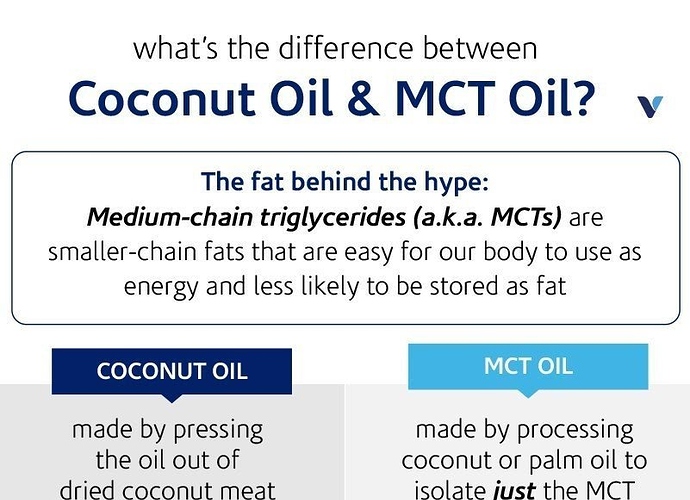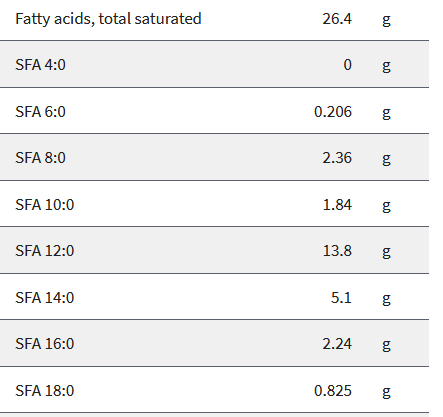What is the most effective composition of C8, C10 & C12 in MCT supplement oils?
MCT oils are typically comprised of a combination of C8, C10 & C12 (Caprice/Caprylic/Capric acids respectively) components. Although a typical serving size for MCT oil is listed at 1 Tbsp (or 15 mL), different brands of MCT oil contain different ratios of C8, C10 and/or C12. What is the difference between using an MCT oil with a higher/pure concentration of one of the acids over the others? (Bulletproof MCT oil is listed at 100% C8 (with a premium price), vs. other MCT brand oils being a combination of C8, C10 & C12 at more moderate prices.) Is there any research stating which acid is better for weight loss (appetite suppressant/achieving satiety) vs. achieving mental acuity?
Also, when investigating different brands of MCT oil on Amazon, I noticed that not all C8, C10 & C12 oil content reported on the label equals the total amount of fat reported on the label. (I.e. “Nature’s Way MCT Oil” reports a total fat content per serving of 14 g, with 7.7g of C8 and 5.0g of C10. Note in this case that the total C8 and C10 fat totals 12.7g (out of a total of 14g of fat reported on the label.) What other fats do these products contain that are not reported on the label (unreported C12 or other non-MCT oils)?
Anyone know of any research the the impact on the different compositions of C8, C10 & C12 in MCT oil?
TIA
KCKO


